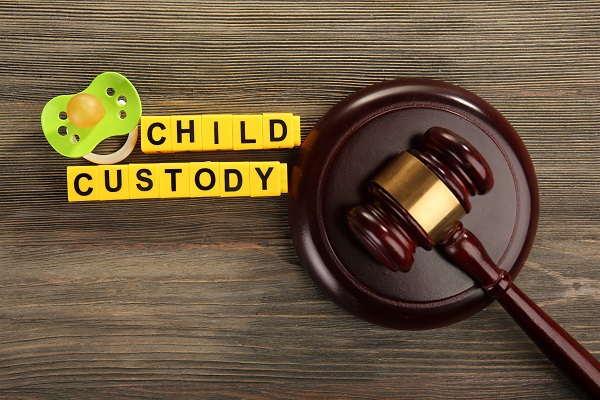Jordan and Hailey met and married while both were freshmen at Sacramento State. Unfortunately, the marriage ended after two years. Both were still in college. As their divorce progressed, they ran into some issues regarding their student loans. They learned that debt is handled differently when students divorce or when student loans are involved in a divorce.
Splitting Debt in a Divorce
Typically, most debt incurred during a marriage is community debt that is split between the spouses. There are exceptions, and other factors to consider, but this is the general rule of thumb.
For example, Jordan uses the couple’s credit card more than Hailey does. When they divorce, however, it is possible that Hailey will be forced to pay half of Jordan’s credit card debt.
But that’s credit card debt. What about debt related to education?
Student Loans in a Divorce
Debt incurred for education or training is handled differently that other debt. Student debt acquired before or during a marriage is the separate debt of the spouse that incurred it.
Our star-crossed couple, Jordan and Hailey, both took out student loans. Some of the loans were taken out before the marriage and some during the marriage. Jordan most likely will pay his loans only. The same is true for Hailey.
Even so, there may be exceptions to the ‘student-debt-is-separate-debt’ issue when it affects the community estate.
Community Reimbursement
According to California law, community contributions for one spouse’s education or training may be reimbursed if the training enhanced his or her earning capacity. The same may hold true for repayment of loans for education or training.
However, reimbursement may be limited or eliminated if:
- The community benefited from the party’s education, training, or student loan.
- Both parties received community contributions for education, training, or student loans.
- Education paid for with community funds reduces that party’s need for support.
The parties may agree to different settlement amount.











